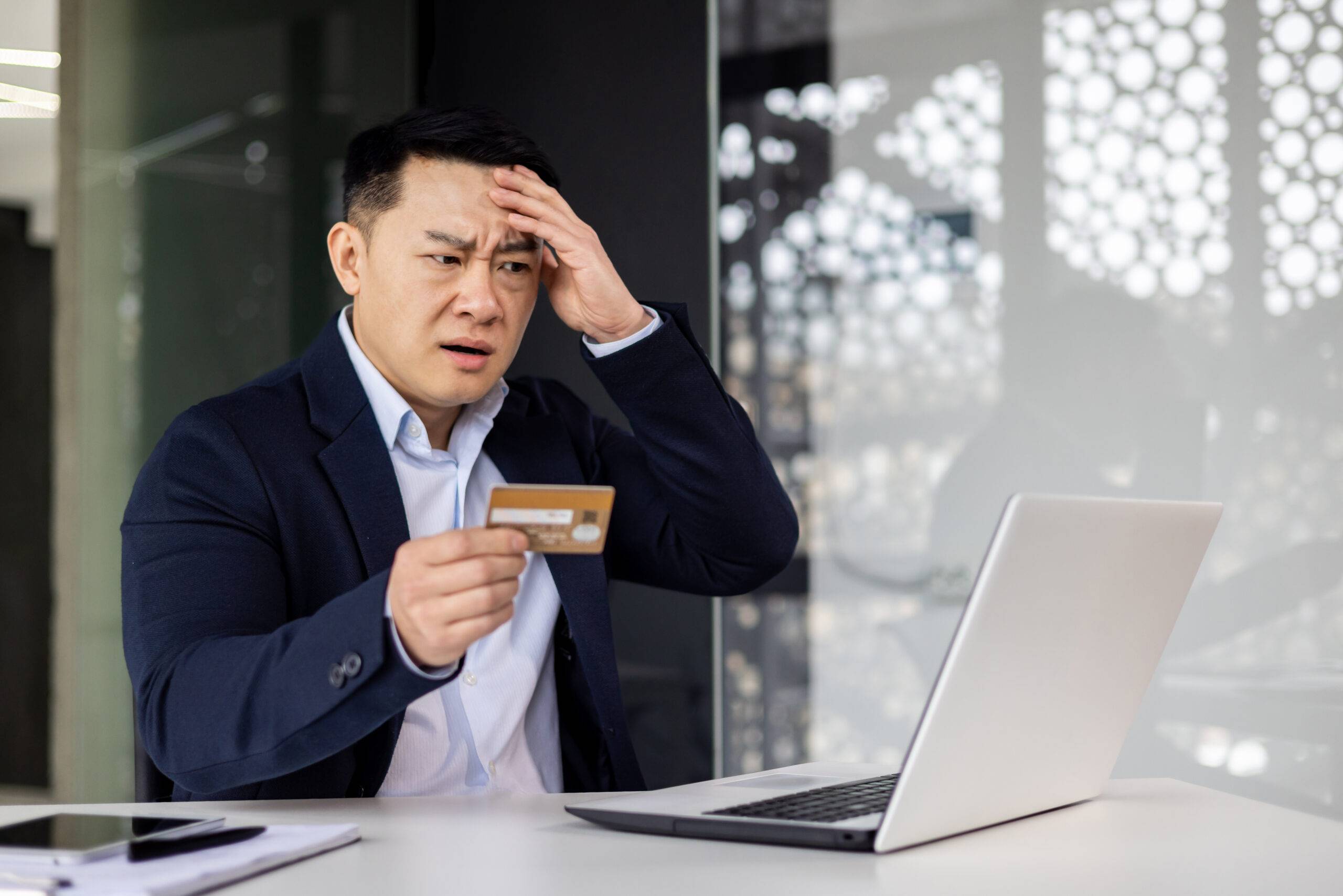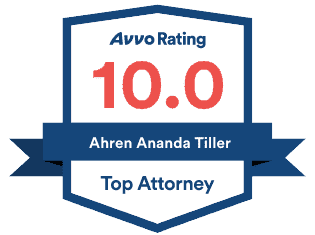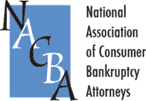
People continue to have questions and concerns even after they’ve hired an expert bankruptcy attorney in San Diego. So you’ve taken the right steps to plan your Chapter 7 case with help from your lawyer, and now you’re wondering… what actually happens in my San Diego bankruptcy case? How long will this take? What happens to my creditors? Can I stop worrying?
For most people that file a consumer bankruptcy case, they can stop worrying after they’ve filed a petition. Here’s why—along with some specific information about what happens after the petition is filed.
Of course, if you and your attorney have properly planned your case, you will have anticipated any difficult or complicated issues and your bankruptcy attorney will keep you informed about the process and the results. The Bankruptcy Law Center is a firm of bankruptcy experts that have filed thousands of cases just like yours. We work with clients to resolve problems and assess risks before we file a case. Our clients are far better informed and less worried because of our careful and thorough process.
Here’s a brief refresher about what happens in the typical Chapter 7 case after the petition is filed.
- The bankruptcy clerk gives notice of the bankruptcy case to all creditors whose names and addresses are provided in your bankruptcy paperwork.
- The petition “automatically stays” (prohibits) most collection or recovery actions against you and your property. (Bankruptcy Code § 362) The automatic stay happens by operation of law and requires no judicial action.
- As long as the automatic stay is in effect, creditors generally may not start or continue lawsuits, wage garnishments, repossessions, foreclosures or even collection calls demanding payment.
- Between 21 and 40 days after the petition is filed, the case trustee will hold a meeting of creditors. (Bankruptcy Code § 341; the so-called “341 meeting.)
- During the 341 meeting you will answer some questions under oath about your bankruptcy paperwork and your finances and property. You will be accompanied by your attorney.
- If a husband and wife have filed a joint petition, they both must attend the 341 meeting and answer these simple questions.
- The trustee may provide you with some written information at this meeting on topics that they have found to be important to debtors in their experience.
- Bankruptcy judges are prohibited from attending the 341 meeting of creditors. (Bankruptcy Code § 341(c))
- In most cases, if there are no assets available to the case trustee to administer (because, for example, your assets are “exempt” and protected from the trustee and your creditors), the trustee promptly issues a report called a “No Asset Report.”
- Typically within 60 to 90 days after the 341 hearing is completed you will receive your Discharge Order in the mail and your bankruptcy case is over. This Discharge Order acts as a permanent injunction that prohibits any attempts to collect debts from you personally that were discharged in your bankruptcy.
It’s a pretty efficient and timely process with incredibly important results. You can be debt free in just a few months. If there are issues that could delay your discharge, your attorney will have discussed these with you before you filed in most cases. And in those discussions, you and your attorney will develop a strategy for handling and resolving these issues in ways that you are comfortable with.
Let the expert attorneys at the Bankruptcy Law Center guide you through the process of quickly and efficiently resolving your debts and financial problems. Call us at 800-551-7922 and we’ll meet with you for free and explain your options.









